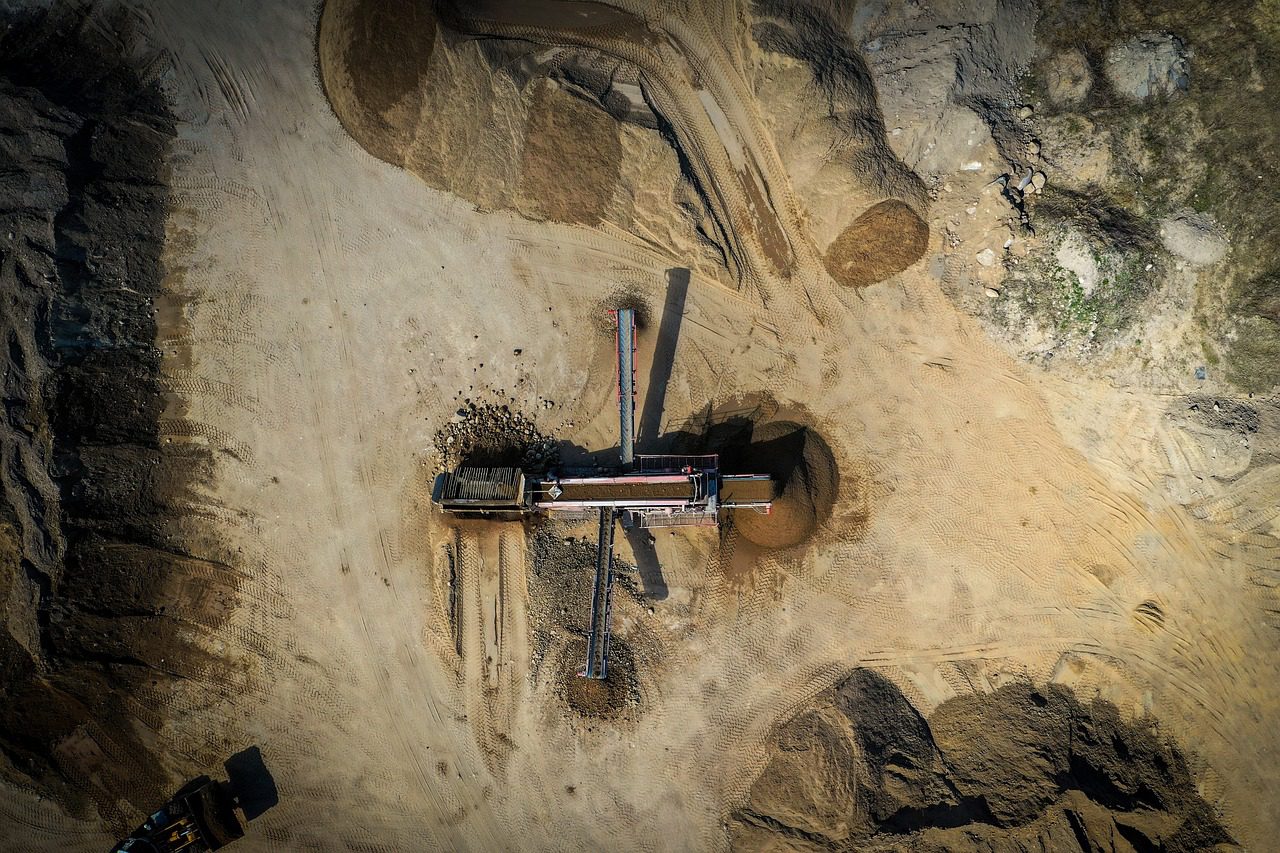
Despite reforms, mining for EV metals in Congo exacts steep cost on workers
The Shabara artisanal mine, where cobalt and copper are dug out by hand, near the Congolese boomtown of Kolwezi.
FUNGURUME, Democratic Republic of Congo — Alain Kasongo, burly and goateed, worked for four years driving the heavy trucks that hauled away tons of cobalt ore from a gaping hole at one of the biggest mines in Congo. The vibrations from the equipment and the jolts of driving over rough ground during his 12-hour shifts could be bone-rattling, he said. Finally, the pain in his spine grew so unbearable that he needed surgery.
His older brother, Patchou Kasongo Mutuka, worked the same job at the same mine. He suffered the same injury and required the same surgery — as did 13 other drivers of excavators and trucks at the mine who were interviewed. They lifted their shirts to reveal surgical scars and spread out carefully folded medical records confirming their accounts. They in turn named seven more colleagues who had suffered the same fate, all within a two-year period.
“It hurt so badly when I went home, I would lie awake at night,” said Alain Kasongo, 43, displaying bumps and ridges on his body from what he said were three operations.
The pressure to produce cobalt is tremendous. It is an essential ingredient in the batteries of most electric vehicles and many consumer electronics. And the Democratic Republic of Congo, or Congo for short, is the king of cobalt. Last year, it accounted for about three-quarters of global production, according to Benchmark Mineral Intelligence. This cobalt can come at a high human price.
